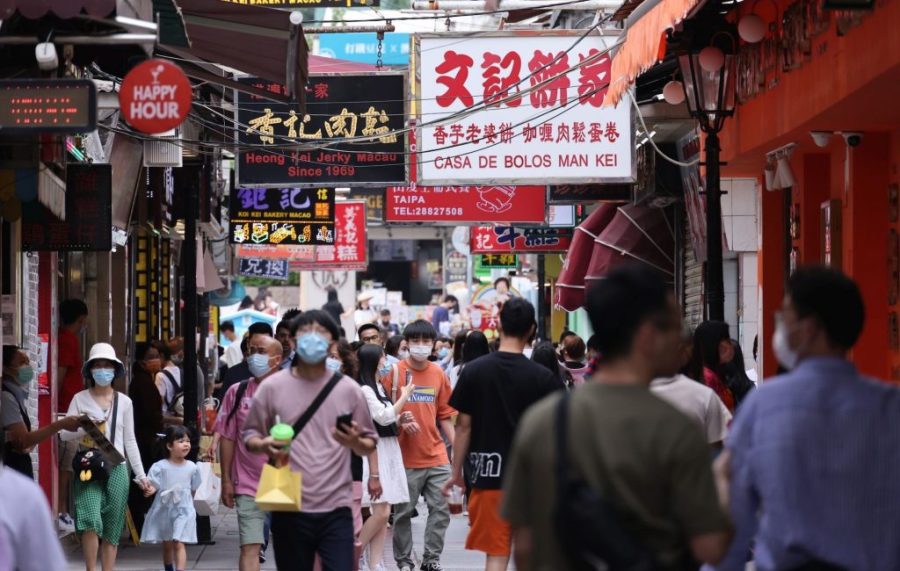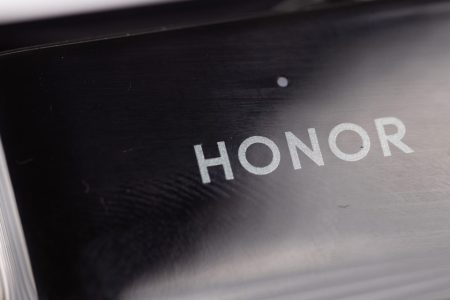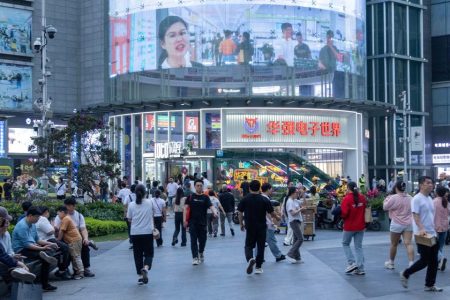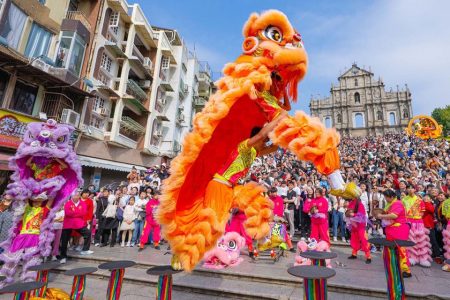The government is studying the possibility of allowing foreign nationals from more countries to travel to Macao – however, they would be subject to hotel quarantine and the Covid-19 situation would have to be stable.
Chief Executive Ho Iat Seng also pledged that he will continue to ask the central government to permit mainland Chinese tour groups to visit Macao and to allow residents from more cities to travel to Macao with an Individual Visit Scheme (IVS) travel permit.
Ho made the remarks during a Q&A session in the Legislative Assembly’s hemicycle yesterday, during which he answered questions from 31 lawmakers.
Ho reaffirmed that for the time being Macao can only allow tourists from mainland China to enter Macao quarantine-free because of its Covid-19 prevention and control requirements.
Ho noted that concerning foreigners’ entry into Macao, the government has opened its border to Portuguese nationals, who have been allowed to enter again since earlier this year, but subject to hotel quarantine. Ho said that if Macao’s Covid-19 situation continues to be stable, the government would study the possibility of reopening its borders to foreign tourists from more countries.
Ho underlined that if Macao once again allows foreigners from more countries to enter Macao, they would still be subject to hotel quarantine upon arrival as otherwise, Macao would fail to implement the same Covid-19 measures as mainland China.
The organisation of mainlanders’ tour groups to Macao has been suspended since the Covid-19 pandemic began to affect the city in early 2020. Tourists from mainland China can travel to Macao with an IVS travel permit, but the scheme only covers residents from all cities in Guangdong province, certain cities in certain provinces and autonomous regions, and the four municipalities of Beijing, Chongqing, Shanghai and Tianjin.
In total, the IVS covers around 50 mainland Chinese cities.
However, travel to Macao based on the IVS has been restricted as electronic applications for an IVS travel visa have been suspended since the start of the pandemic in early 2020.
Due to the adverse impact of the Covid-19 pandemic on Macao’s economy, the tourism industry has been campaigning for more cities in mainland China to be covered by the IVS with the aim of boosting Macao’s inbound tourism.
Ho underlined yesterday that Macao has repeatedly asked the central government to extend the coverage of the IVS. But he was quick to add that Macao must always “comply with the national policy” that decides how many cities are covered by the IVS.
Ho also explained during yesterday’s plenary session why the government has decided to accommodate Covid-19 carriers during the city’s latest outbreak, which began on 18 June and started to subside about two weeks ago, in isolation hotels, as opposed to the government’s contingency plan for a massive Covid-19 outbreak drafted earlier this year according to which the government would have activated the operation of a makeshift hospital at the Macao East Asian Games Dome in Cotai and its adjacent Athletes Training and Development Centre first, before starting to use isolation hotels to accommodate Covid-19 carriers.
The makeshift hospital at the East Asian Games Dome and the Athletes Training and Development Centre was never activated during the outbreak, Macao’s worst since the start of the pandemic.
Ho said yesterday that during the outbreak, the government realised that it would be better to accommodate Covid-19 carriers in isolation hotels instead of a makeshift hospital, as hotels have better toilet facilities and are able to provide better meal services for Covid-19 carriers, compared to a makeshift hospital.
Ho also said that the government found that residents infected with Covid-19 were quite unwilling to stay at a makeshift hospital for isolation.
Meanwhile, Ho also noted that while Macao’s Covid-19 vaccination rate among senior citizens living in residential care homes is high, around 7,000 senior citizens who do not live in residential care homes, have still not been inoculated against Covid-19. Ho urged community associations to intensify their promotional campaigns to boost Covid-19 vaccinations among senior citizens.
Ho said that a higher Covid-19 vaccination rate among senior citizens would be beneficial to possible further relaxations of Macao’s entry curbs. He also noted that the outgoing outbreak has resulted in six fatalities, all senior citizens. The latest outbreak had resulted in 1,821 cases.
Meanwhile, Ho also said that a study commissioned by the government projected that the number of cases during the latest outbreak would have been double the 1,800 finally recorded without the government’s strong measures such as self-testing campaigns and the mandatory wearing of KN95 facemasks.
Ho noted that Zhong Nanshan, the nation’s premier virologist, pulmonologist and respiratory disease expert, advised the Macao government in its battle against the recent Covid-19 outbreak, adding that the government’s decision to impose the mandatory requirement for people to self-test with a rapid antigen test kit before going to a testing station for their nucleic acid test was one of Zhong’s suggestions.
In addition, Ho also said that the government has provisionally concluded that schools can start their new academic year early next month as scheduled, The Macau Post Daily reported.






